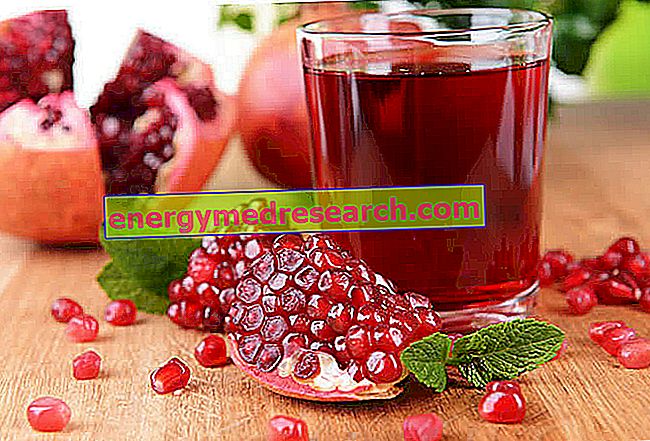Passiflora ( Passiflora Incarnata ) is a perennial herbaceous, climbing and branching plant, particularly known for its excellent sedative properties. The drug consists of the aerial parts of the plant, therefore of inflorescences, infructescences and sometimes fragments of stem leaves.

Passion flower is recommended in the treatment of nervous restlessness, especially if accompanied by anxiety, anxiety that is opposed to rest and abnormal heart rhythm due to excessive tension; it is therefore particularly useful in mood disorders, which take advantage of a natural treatment without the side effects of synthetic drugs. The passion flower, in fact, is considered a relatively safe drug, devoid of acute and subacute toxicity; it can, however, overlap with the activity of sedative substances that act centrally, including ethanol, and - at excessive doses - cause sedation.
Passion flower is also recommended in menopausal disorders and, thanks to the ability to relax painfully contracted muscles, in those of a spastic nature (hepatic colic, irritation of the colon). However, the main application of passionflower remains the soothing one, which often sees it associated with drugs with similar activity, such as hawthorn and valerian.
Passion flower is used for internal use, generally in doses corresponding to 4-8 grams of dry drug, to be administered as an infusion or in drops of mother tincture diluted in a little water.



